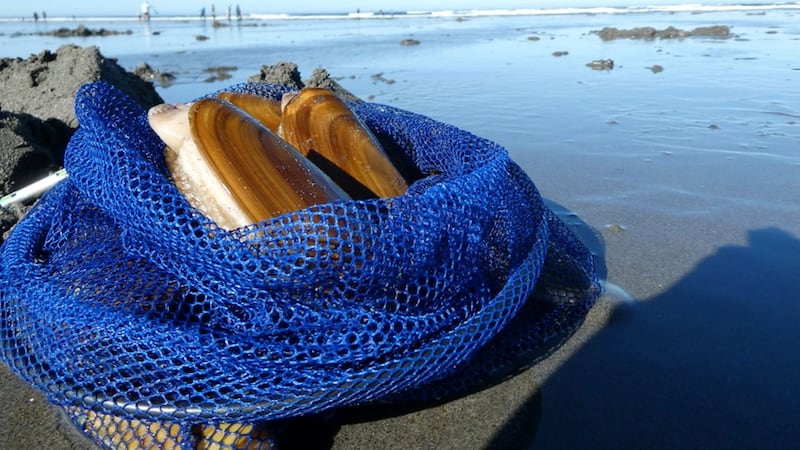SEATTLE — Researchers are searching for an orca calf from the J-Pod, known as J-64, after the calf was not spotted during a recent J-Pod sighting.
They believe the calf has died since it was last seen.
The calf was last observed in late September during a historic sighting of Southern Resident orcas near Tacoma.
Despite initial optimism about its condition, J-64 has not been seen since Oct. 23, when researchers saw all 27 members of the J-Pod in Canada’s Swanson Channel.
Michael Weiss from the Center for Whale Research noted that while the calf initially appeared well-integrated with the pod, the lack of food and exposure to toxicants make orca calves vulnerable to various issues.
Researchers suspect that these factors could impair immune systems, making whales more susceptible to disease.
Human activity also poses risks to whale populations.
Boats have been observed getting too close to whales, and a recent incident involved a humpback whale believed to have died from a vessel strike in Canada.
Washington state law requires boaters to maintain a distance of at least 1,000 yards from Southern Resident killer whales.
Weiss emphasizes the importance of staying several hundred yards away, moving slowly, and keeping an eye on the whales.
Efforts to help the orca population can extend beyond the water.
Weiss suggests focusing on salmon habitat restoration and supporting political efforts for environmental conservation, particularly in areas like the Columbia River Basin.
The loss of J-64 highlights the ongoing challenges faced by the Southern Resident orcas.
With two of the four calves observed alive in the J-Pod over the last year now deceased, researchers continue to stress the importance of conservation efforts and adherence to protective regulations.
©2025 Cox Media Group





